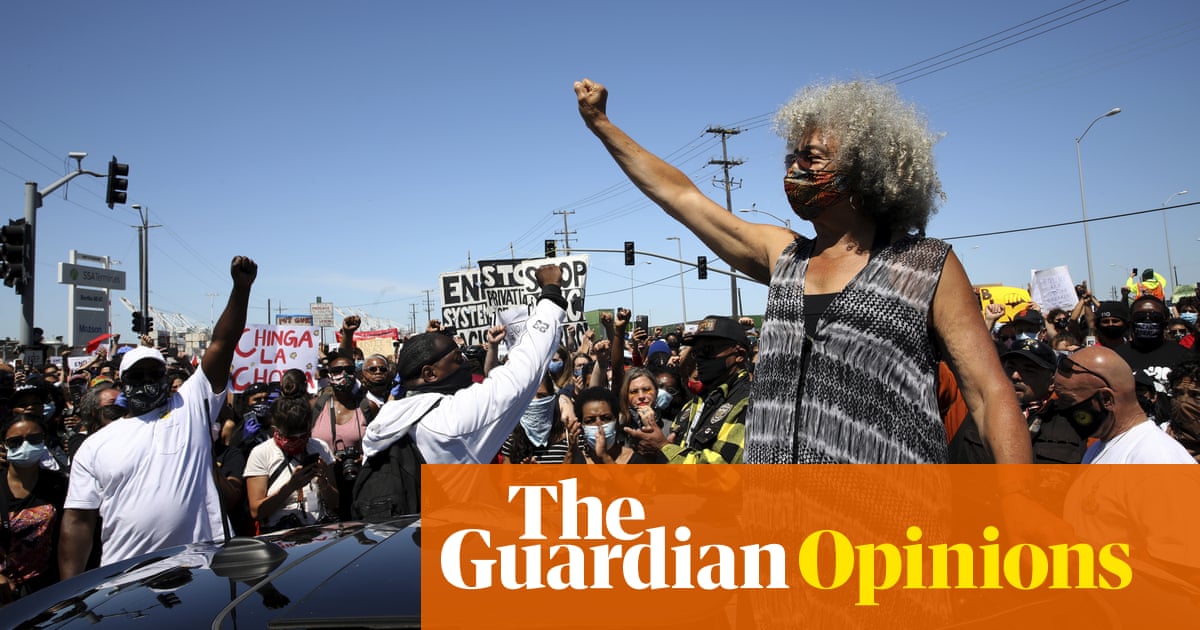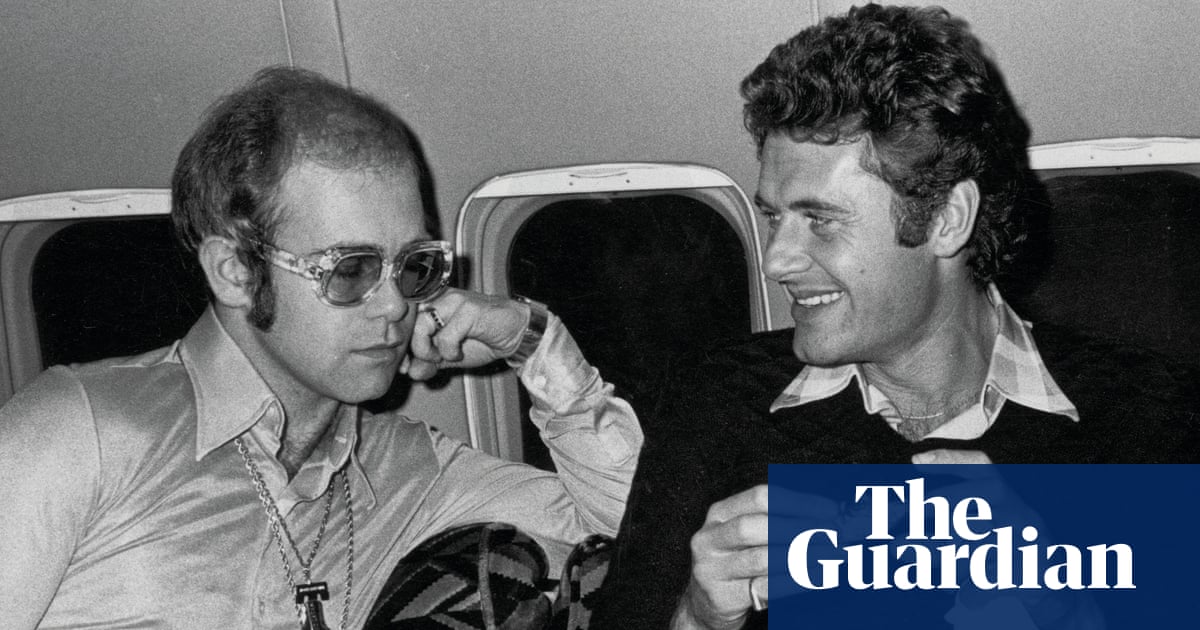
une and the summer months have become synonymous with a rich global calendar of Pride marches and events, during which we address prejudice and issues that are topical to the LGBTQ+ community. These public gatherings challenge discrimination and inequality everywhere and bring communities together to embrace and reflect.
This year, the Covid-19 pandemic has changed all that. Pride events are either happening online or not at all, but we need their spirit of solidarity, inclusion and acceptance all the same. This is exactly the time to up the ante. The pandemic has intensified previous systemic vulnerabilities, with dire, possibly long-term social and economic consequences for minorities. And beyond the pandemic, during this moment when the world is demanding change, we must fight for a future where people of all racial and ethnic origins, sexual orientations and gender identities have the opportunity to live free from discrimination, injustice and mistreatment of all forms.
In recent decades, various countries have registered some progress in this area of policy.
Following the decriminalisation of homosexuality, a growing number of countries introduced anti-discrimination and anti-hate laws and now recognise rainbow families and gender diversity. Despite this progress, no society has yet achieved LGBTQ+ equality. Additionally, discrepancies remain between legislative standards and the everyday realities of LGBTQ+ people. The prejudice, the stereotyping, the attitudes take much longer to address and change. Also, the risk of that progress becoming undone remains. Indeed, a backlash is underway, led by the “anti-gender” and “traditional family” movements.
For some of us, home is not a safe place. Whether they are women and children in domestic violence situations or young people who must live in hostile, homo/transphobic, unaccepting and abusive families.
For instance, from our outreach to individuals and NGOs who work in the LGBTQ+ field, we learn that during lockdowns, young LGBTQ+ people in unsupportive households have been subjected to violence, and even ended up homeless. Older LGBTQ+ people in care homes who are not “out” have suffered loneliness and exclusion.
When confinement is experienced in these hostile environments, LGBTQ+ people may be forced to hide their true selves as a means of self-protection. This extra pressure has always exposed them to an increased risk of mental health problems.
In some countries this is compounded, as access to crucial healthcare, such as HIV treatment and gender-affirming care, has been restricted or deemed “non-essential”, to the detriment of the wellbeing of those concerned.
Black and ethnic minority people have always been a vibrant part of the LGBTQ+ community, with a pivotal role in the Stonewall riots. Yet, the LGBTQ+ community itself can and must do more to be fully inclusive. Pride is a great moment for reflection on how the community can address inequality gaps within, and to celebrate all colours of the rainbow in all of its shades.
Community support networks active around Pride, provide a lifeline to those who experience daily isolation. When other services fail, the LGBTQ+ community steps in. Today, community centres are closed, events cancelled and organisations face existential risks as they struggle to access funding, support their communities and continue to administer their services.
The EU Fundamental Rights Agency has released its second LGBTQ+ survey for EU member states; 140,000 LGBTQ+ people participated. The responses reveal the heightened isolation, vulnerability and risks associated with being LGBTQ+ pre-Covid-19. The survey highlighted that, despite the wide diversity of people within LGBTQ+ communities, the experience of discrimination remains prevalent.
The combination of individual circumstances and identities will also shape the many layers of exclusion that they are exposed to. For instance, women, young people, persons with disabilities and elderly people are at a greater risk. Also, trans, non-binary and intersex people experience significantly higher levels of exclusion, harassment and violence. Our response must therefore be inclusive and intersectional.
Breaking the secrecy and isolation is crucial in fostering positive affirmation of LGBTQ+ lives. Governments need to support LGBTQ+ individuals by breaking the social stigma that still surrounds them. The adoption of equality and anti-discrimination laws, national action strategies for diversity and inclusion, and the creation of safe spaces are critical and cannot be delayed. Support programmes for parents of LGBTQ+ youth should also be introduced.
Coronavirus recovery plans should therefore recognise and address the systematic prejudices and inequalities exposed by this crisis.
Prompt action matters. Our collective mission should be set out to address discrimination and long-term effects in our societies with the same determination we are bringing to battle this pandemic. Breaking the secrecy and isolation surrounding LGBTQ+ communities is the key to inclusion of LGBTQ+ people who during this crisis are being pushed to the margins of society.
To all those commemorating Global Pride this 27 June, we stand with you. To everyone else, we say: we can all do our part simply by keeping in mind that we are who we are.
Nobody chooses how and where they are born, and nobody has the right to prejudge and to discriminate.
Diversity is a strength, let’s celebrate it.
• Elton John is a singer-songwriter, David Furnish is a Canadian film-maker, Billie Jean King is a former professional tennis player, Ilana Kloss is a former professional tennis player, Ian McKellen is an English actor, Skin is a singer and songwriter, Edward Enninful is editor-in-chief of British Vogue, Frank Ocean is a singer-songwriter and Helena Dalli is European commissioner for equality












